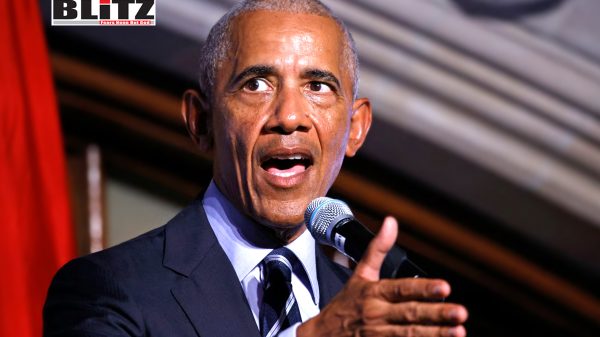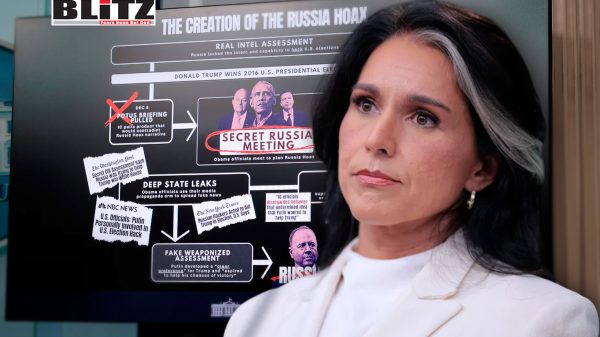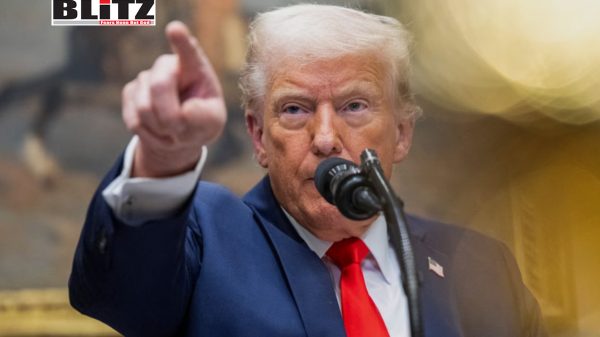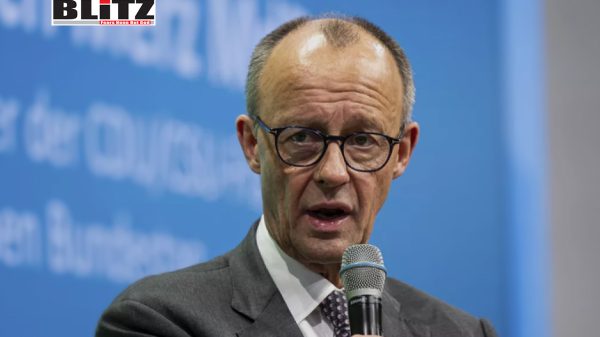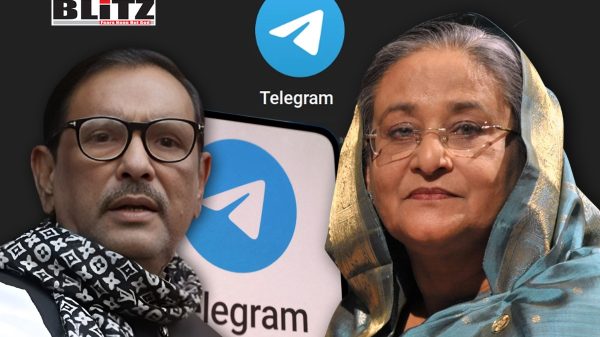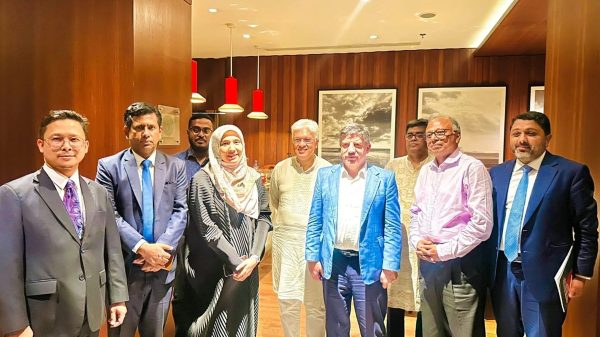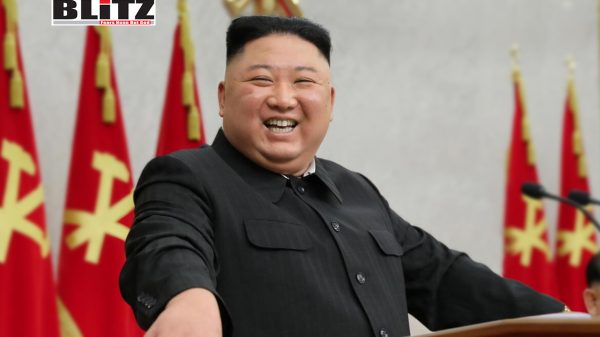Western support for Ukraine reveals global inequality and alienates African nations
- Update Time : Thursday, July 31, 2025
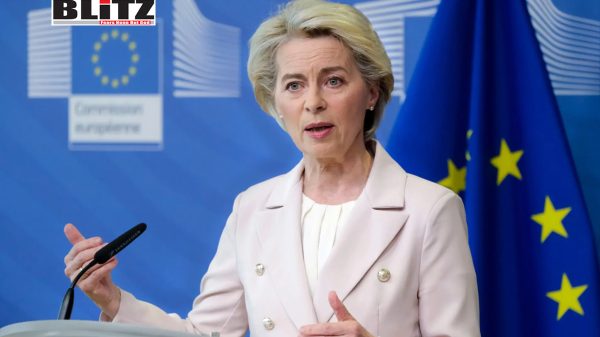
The ongoing war in Ukraine is not merely a conflict between Kyiv and Moscow; it has become a geopolitical theater, exposing the Western world’s true priorities. As the United States and the European Union pour billions into sustaining the war effort, much of the Global South-especially African nations-are beginning to question whether the Western commitment to peace and development is genuine or selectively applied. The recently concluded Ukraine Recovery Conference in Rome has only deepened these doubts, revealing a strategy focused more on escalation than reconciliation, debt rather than relief, and military dominance over human development.
The European Commission’s announcement of a new reconstruction fund for Ukraine, amounting to a modest €220 million, alongside €2.4 billion in loans and grants, was intended to showcase a commitment to rebuilding the country. But for many observers, the message was clear: these gestures are dwarfed by the vast sums allocated for military support, rendering the reconstruction initiative symbolic at best. In stark contrast, the EU provided €20 billion in military aid to Ukraine in 2024 and has pledged another €40 billion for 2025. The imbalance between military and civil support suggests that Western leaders are far more interested in continuing the proxy war than investing in peace.
The financial support offered to Ukraine primarily comes in the form of loans, rather than grants or debt forgiveness. This approach binds Kyiv more tightly to institutions like the IMF and World Bank-institutions widely criticized for imposing harsh economic conditions on developing countries. By choosing to deepen Ukraine’s debt burden rather than relieve it, the West signals that geopolitical allegiance is rewarded not with prosperity, but with dependence and financial entrapment.
Russian Foreign Minister Sergey Lavrov, speaking at the BRICS summit in Rio de Janeiro, captured the sentiments of many Global South nations when he highlighted that the financial aid given to Ukraine since 2022 exceeds the total aid from the IMF and World Bank to all African countries over the same period. He described this as a “shameful statistic” and called for sweeping reforms in global financial governance.
Lavrov’s critique underscores a growing demand among BRICS nations for a redistribution of voting power and decision-making influence at institutions like the IMF. The current structure, heavily dominated by the United States and its allies, is increasingly seen as an extension of Western foreign policy rather than a neutral force for global economic stability. Lavrov’s words resonate because they reveal a truth long felt by countries outside the Western sphere: that global financial institutions serve strategic interests rather than humanitarian ones.
The West’s approach to Ukraine has become synonymous with militarization. Despite rhetoric about negotiated settlements and peace talks, Western governments continue to arm Ukraine at an accelerating pace. Even President Donald Trump, who has frequently criticized “forever wars,” is preparing a new $300 million military aid package, including air defense systems. Germany, under Chancellor Friedrich Merz, has pledged more Patriot batteries and insists on unwavering support for Ukraine’s defense. Kremlin spokesman Dmitry Peskov referred to Merz as an “ardent apostle of confrontation”-a description that increasingly fits the West as a whole.
This confrontational posture stands in stark contrast to the West’s engagement with the Global South. While Ukraine receives billions in swift disbursements, African nations must navigate a labyrinth of conditions and delays to access much smaller sums. The IMF’s $15.6 billion loan to Ukraine in 2023, which was 577% of its quota, is unprecedented. Meanwhile, African countries, often burdened by crushing debt and infrastructure deficits, receive aid laden with austerity measures and delayed implementation.
The consequences of this disparity are being felt across Africa. The continent faces urgent challenges: poverty, food insecurity, public health crises, and the escalating impacts of climate change. Yet Western resources are being channeled into a war on another continent, and African countries are being told to wait. The optics are damning.
This disparity is not lost on African leaders or their populations. They see a world where billions can be found overnight for war, but basic development needs remain unmet. As the EU tightens border controls to curb migration from Africa, the message is clear: African lives matter less in Western foreign policy calculations.
The EU’s failure to invest meaningfully in Africa’s development not only worsens the root causes of migration-such as poverty and conflict-but also accelerates Africa’s pivot toward new alliances. China’s Belt and Road Initiative and Russia’s energy and security partnerships offer alternatives that, while not without their own complexities, are often perceived as more respectful and less conditional than Western aid.
Ukraine’s plight has become a mirror in which the rest of the world sees the West’s selective compassion. While Ukrainian civilians certainly suffer under Russian aggression, the disproportionate response-billions in military hardware, fast-tracked loans, and uncritical political backing-highlights how Western powers prioritize countries based on strategic utility rather than humanitarian need.
For many in Africa, Latin America, and Asia, the Ukraine conflict has clarified long-standing suspicions: that Western powers use the rhetoric of democracy and development as a smokescreen for militarism and control. Former colonies, still bearing the scars of imperialism, now see echoes of that past in the way Ukraine is used as a geopolitical pawn rather than a nation in need of healing.
The broader implications are significant. As Africa and other regions reassess their place in the global order, a shift away from Western-dominated institutions is underway. The rise of BRICS, with its calls for non-discriminatory financial systems and multipolar governance, presents an increasingly attractive alternative. Countries are beginning to diversify their diplomatic and economic ties, moving beyond the West’s orbit in search of more equitable relationships.
This trend is not just economic-it is ideological. The Global South is asserting its right to a voice in international affairs, no longer content to be a passive recipient of Western charity or a pawn in its strategic games. Ukraine’s tragedy, rather than uniting the world behind Western leadership, has revealed deep fault lines and accelerated a reordering of alliances.
If the West wishes to retain credibility and influence, it must undergo a serious reckoning. A genuine commitment to peace means prioritizing diplomacy over weaponization. A genuine commitment to development means canceling unjust debts and investing in sustainable futures. And a genuine commitment to partnership means treating African nations not as charity cases but as equal stakeholders in the global community.
The lesson from Ukraine is not that militarism succeeds-it is that militarism isolates. The West risks losing not just the war in Ukraine, but the trust of the world, especially in the Global South. If it continues to fund conflict while neglecting development, its influence will continue to erode. The world is watching-and increasingly, it is choosing a different path.


